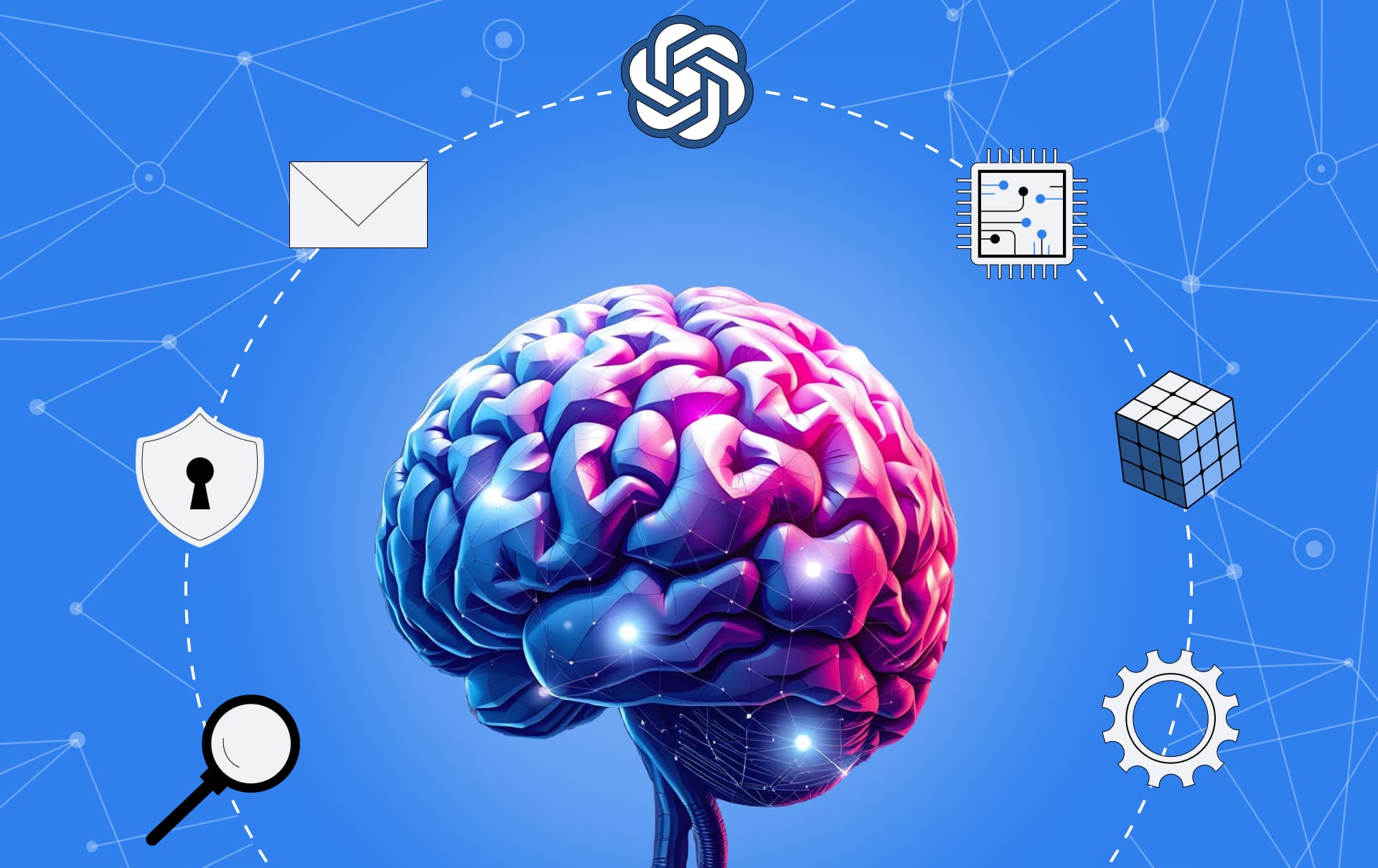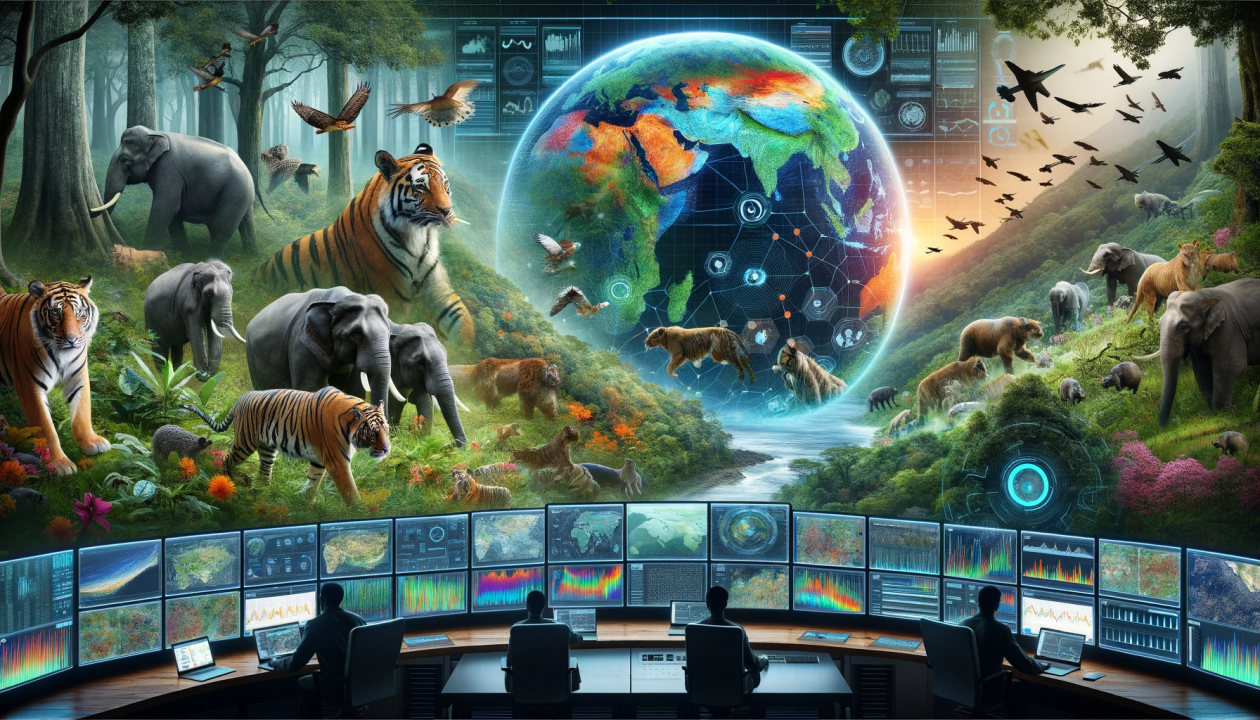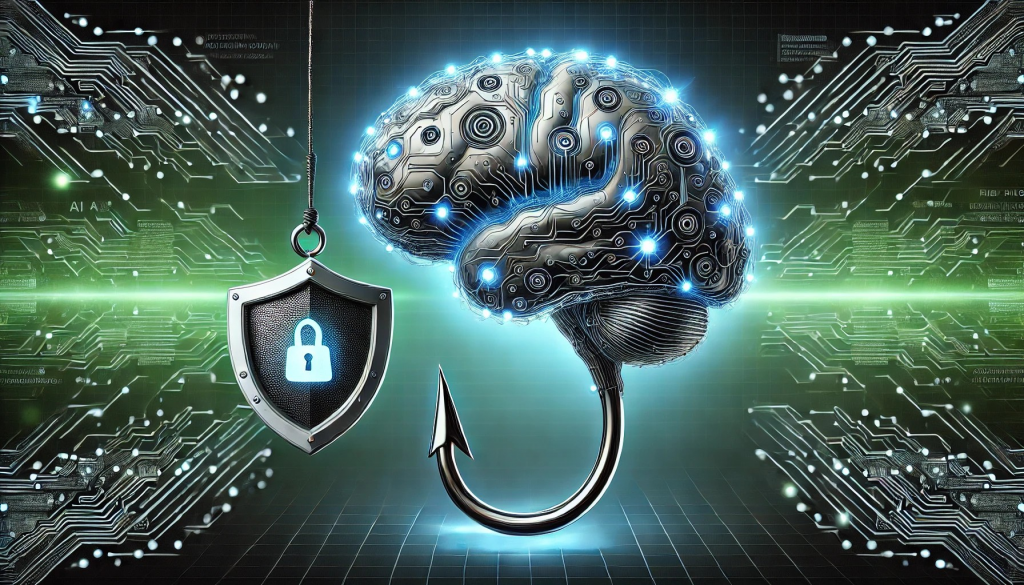justineanweiler.com – Artificial intelligence (AI) agents are rapidly transforming the way we live, work, and interact with technology. These intelligent systems, often designed to perform tasks autonomously or semi-autonomously, are making waves across various industries—from customer service and healthcare to finance and entertainment. But what exactly is an AI agent, and how are these advanced systems reshaping our world?
What is an AI Agent?
An AI agent is a software-based entity that uses algorithms, machine learning (ML), and data analytics to perform tasks, solve problems, or interact with users in a manner that mimics human-like intelligence. Unlike traditional software, AI agents can learn from data, adapt to new information, and make decisions without human intervention. These agents are designed to work in dynamic environments, processing inputs and reacting accordingly.
The term “agent” implies that the system has the ability to take actions in an environment based on its knowledge, goals, and the current state of that environment. While some AI agents are reactive—simply responding to commands—others are proactive, anticipating needs and offering solutions before being asked.
Types of AI Agents
AI agents come in various forms, depending on their use case and complexity:
- Reactive Agents: These agents respond to predefined inputs based on a set of rules. A simple example would be an automated email filter that marks messages as spam based on specific keywords.
- Deliberative Agents: These systems have a higher level of sophistication. They use reasoning and planning to make decisions. For instance, AI systems in autonomous vehicles not only react to their environment but plan routes, analyze road conditions, and make driving decisions in real-time.
- Learning Agents: These AI agents can improve their performance by learning from experience. Through machine learning techniques, they adjust their behavior over time, becoming more efficient at problem-solving. Virtual assistants, such as Siri and Alexa, continuously improve their responses based on user interactions.
- Autonomous Agents: These agents operate without human intervention and are capable of making independent decisions. Examples include self-driving cars and robots used in manufacturing and logistics.
Key Technologies Behind AI Agents
The development of AI agents relies on several key technologies:
- Machine Learning (ML): The backbone of many AI agents, ML allows these systems to learn from data and improve their performance over time. Algorithms like decision trees, neural networks, and reinforcement learning enable agents to identify patterns, make predictions, and optimize their actions.
- Natural Language Processing (NLP): For AI agents to interact effectively with humans, they must understand and generate human language. NLP enables agents to process and respond to text or voice commands, making them more intuitive and accessible.
- Computer Vision: This technology allows AI agents to interpret and understand visual information from the world. Computer vision is integral to applications like facial recognition, object detection, and navigation systems in self-driving cars.
- Robotics: In the realm of physical AI agents, robotics is key. Robots equipped with AI can perform tasks in environments ranging from factories to hospitals, automating processes that once required human intervention.
Applications of AI Agents
AI agents are increasingly integrated into both everyday life and specialized industries:
- Customer Service: Chatbots and virtual assistants, powered by AI agents, have revolutionized customer service. These systems can handle inquiries, provide recommendations, and troubleshoot issues, often without human involvement. This reduces wait times and enhances user experiences.
- Healthcare: AI agents assist healthcare professionals by analyzing medical records, providing diagnostic support, and even helping with robotic surgeries. AI is also used in drug discovery, streamlining the research process to find new treatments more quickly.
- Finance: In finance, AI agents are used for tasks such as fraud detection, algorithmic trading, and customer support. They can analyze vast amounts of data to detect anomalies, assess risks, and provide real-time financial advice.
- Autonomous Vehicles: Self-driving cars, drones, and delivery robots rely heavily on AI agents to make decisions in real-time. These agents analyze sensor data, map out optimal routes, and ensure safety in unpredictable environments.
- Entertainment: AI agents are increasingly used in gaming and content recommendation systems. By analyzing user preferences, AI can recommend movies, music, or even generate dynamic, personalized game scenarios.
Ethical and Societal Considerations
While AI agents offer significant benefits, their widespread adoption raises important ethical and societal questions. Concerns over privacy, job displacement, and decision-making transparency are at the forefront of the debate. As AI agents become more capable, ensuring that they operate fairly, safely, and in line with human values becomes crucial.
For instance, AI’s ability to automate tasks traditionally performed by humans has the potential to disrupt entire industries. While this could lead to increased efficiency, it may also result in job loss for many workers. Governments and organizations must explore ways to reskill workers and ensure that AI’s benefits are distributed equitably.
Furthermore, as AI agents are involved in making decisions that impact people’s lives—whether in healthcare, finance, or criminal justice—there is a growing demand for transparency. Ensuring that these agents are transparent, explainable, and free from bias is essential to maintaining public trust.
The Future of AI Agents
As AI technology continues to evolve, the capabilities of AI agents will only expand. With advancements in deep learning, reinforcement learning, and quantum computing, we can expect AI agents to become even more sophisticated. Future AI agents may not only assist with specific tasks but also collaborate with humans in creative and innovative ways, leading to entirely new forms of human-AI interaction.
In the coming years, we could see AI agents that are not just reactive or proactive, but capable of truly autonomous decision-making and problem-solving across a wide range of domains. These agents might evolve to handle tasks that require empathy, ethics, and human-like intuition, challenging the very nature of intelligence and consciousness.
Conclusion
AI agents are no longer a futuristic concept; they are an integral part of our technological landscape. By enhancing productivity, improving decision-making, and providing personalized experiences, these intelligent systems are paving the way for a new era of human-computer interaction. As we move forward, the continued development of AI agents promises to unlock new possibilities—provided we navigate their challenges with caution, ethics, and foresight.





